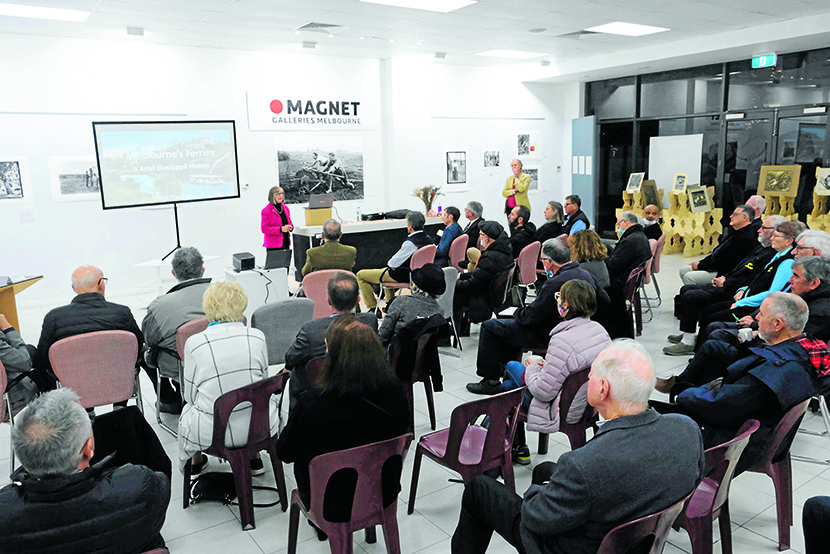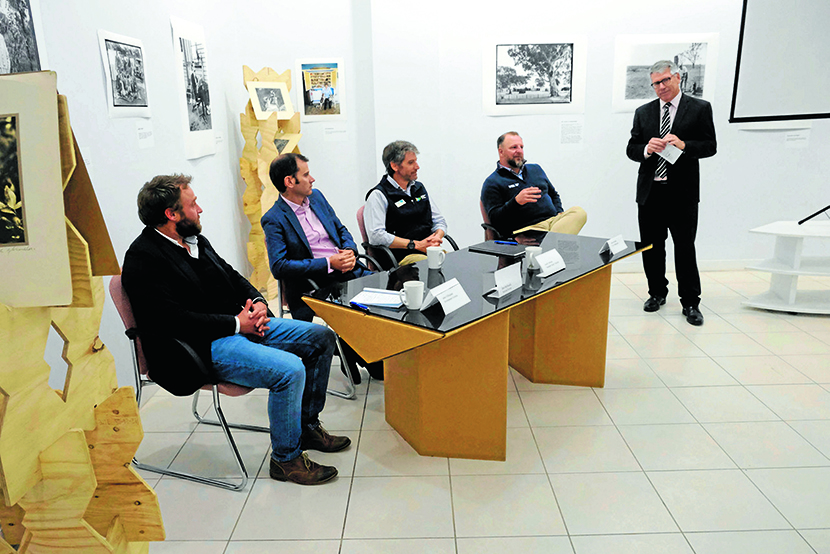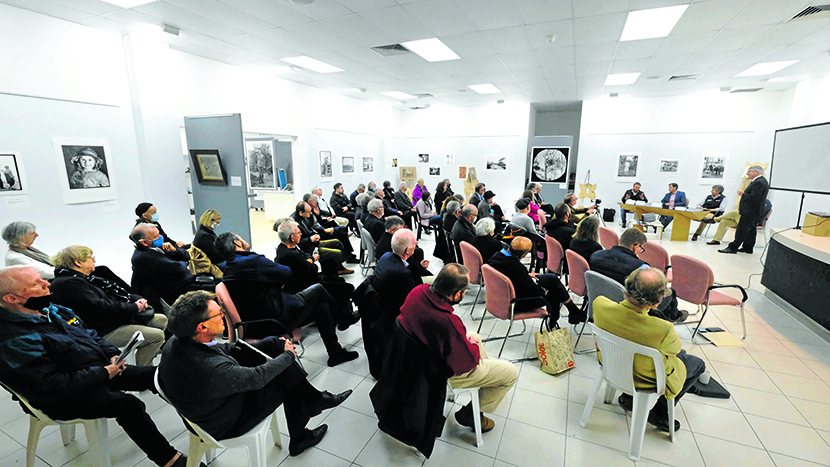Call for expanded ferry network
By David Schout
Ferries could play a more prominent role in Melbourne’s tourism and transport network after a forum hosted in Docklands brought together “key players” from the city’s waterways.
The forum saw a range of ideas explored, including an integration of the Myki ticketing system onto the ferry network, which was described as a “woefully under-developed transport and tourism option”.
Hosted by Melbourne Maritime Heritage Network (MMHN) at Docklands’ MAGNET Gallery on June 23, the forum featured an expert panel that answered questions about the current state of the ferry system and how that might be expanded.
Panelists included ferry operator Matt McDonald (CEO Searoad Ferries), Gareth Johnson (Transport Safety Victoria), Jamie Gillingham (Development Victoria), and Adam Buchholtz (City of Melbourne).
CEO of Port Phillip Ferries Murray Rance was a late apology.
MMHN chair Dr Jackie Watts said that the forum “broke ground” by gathering various bureaucratic bodies from Melbourne’s waterways.
“A key element of driving the whole ferries expansion is getting responsible authorities to talk to each other, and talk to the public. And that’s what happened on the evening. There hasn’t been opportunities in the past. It was a first,” she told Docklands News.
Port Phillip Ferries currently offers two separate daily services — between Docklands and Portarlington, and between Docklands and Geelong — frequented by some daily commuters and leisure travellers.
However, the forum explored new transport and tourism opportunities along the Yarra River. Dr Watts, a former City of Melbourne councillor, said it was a “no brainer”.
“It’s absurd to have a major highway, if you like — which is what the waterways are — not being used for public transportation, and our enormous public asset not being used as a tourism asset,” she said.
“Especially at a time when domestic tourism is progressing more and more because we can’t go offshore … it’s clear that in the past ferries have been a very big part of the cultural, economic and social life of the city. There was a point in time that the powers that be turned their back on the waterway. It’s time to turn that around.”
The question remained, however, whether a water service could compete with other forms of transport, which in almost all cases provided a faster alternative.
A low speed limit, currently a maximum of five knots (or nine km/h), remained a significant impediment to a central city commuter service on the Yarra River.
In its 10-year Transport Strategy released in 2019, the City of Melbourne said that while it supported expanded water transport services for both commuters and tourists, the current regulations made this difficult.
“Regulations limit the speed of vessels on the Yarra River to five knots (nine km/h) and require vessels to stay on the same side of the river in each direction,” the Transport Strategy 2030 stated. “City of Melbourne research suggests that due to these impediments, additional regular public water transport routes will struggle to compete with faster land transport alternatives.”
However, it is believed that Port Phillip Ferries, owned by prominent businessman Paul Little, had urged authorities to consider raising the speed limit along the Yarra.
Mr Rance has already flagged new routes along the river to Chapel St.
Dr Watts did not see this as a major hurdle in the ferry push.
“We have to be looking at it intelligently. It’s not rocket science … there is no reason to assume we can’t overcome the safety element,” she said, adding that researcher Bruce Gooley spoke on the evening and said that in 100 years of ferry transportation, just one life had been lost.
“The major impediment is attitudinal. The major impediment is the state government looking the other way, and not understanding the potential of ferries,” she said,
She said any shift to a commuter service would need to be user-friendly.
“We have to have ferries connected with Myki. The government subsidises all other forms of public transport, if the same subsidies were applied to ferries, the demand would grow, no question.”
Dr Watts said that while it might cost more to operate a ferry than a tram or train, this did not consider the amount of infrastructure investment into those forms of land transport, compared with the river which was “running, all the time, for free”. Port Phillip Ferries have also reportedly considered a new service between Docklands and Mornington Peninsula destinations.
Dr Watts said she had noted a positive shift in rhetoric from key bodies about Melbourne’s ferry network, and hoped that would now translate into action •

E-scooter trial extended for the third time






 Download the Latest Edition
Download the Latest Edition